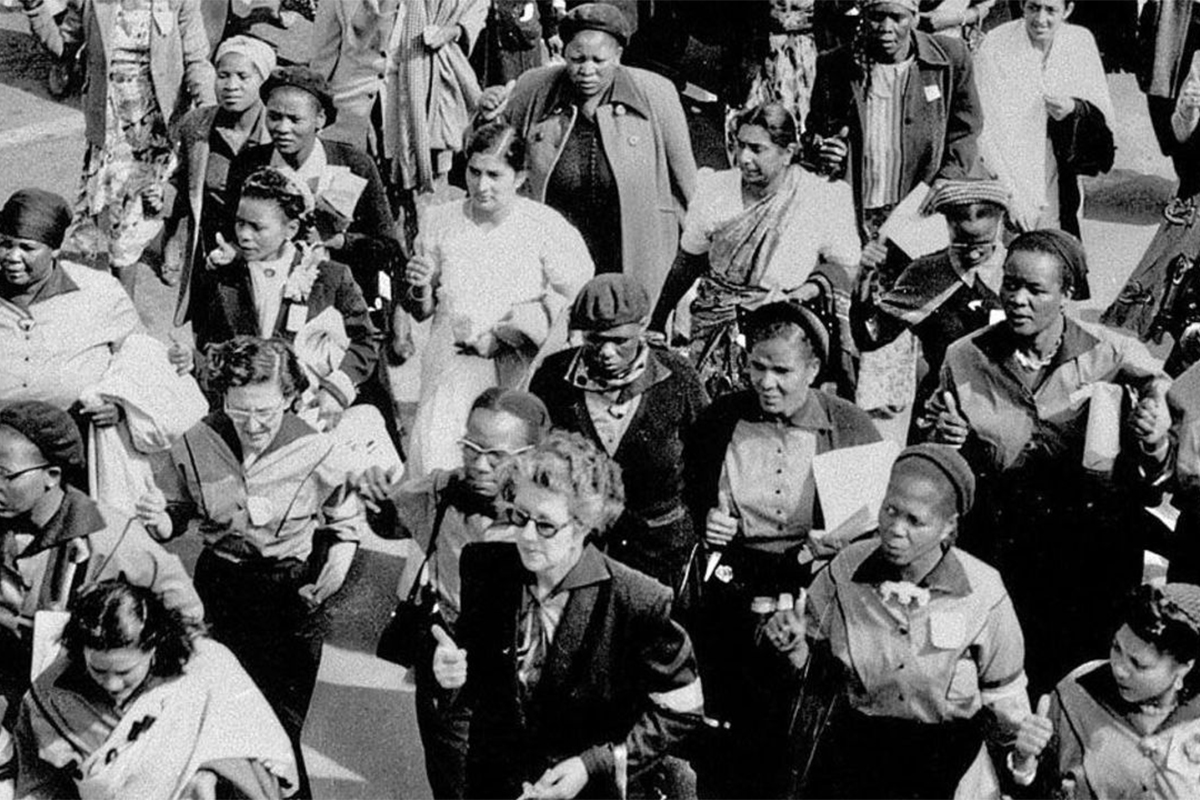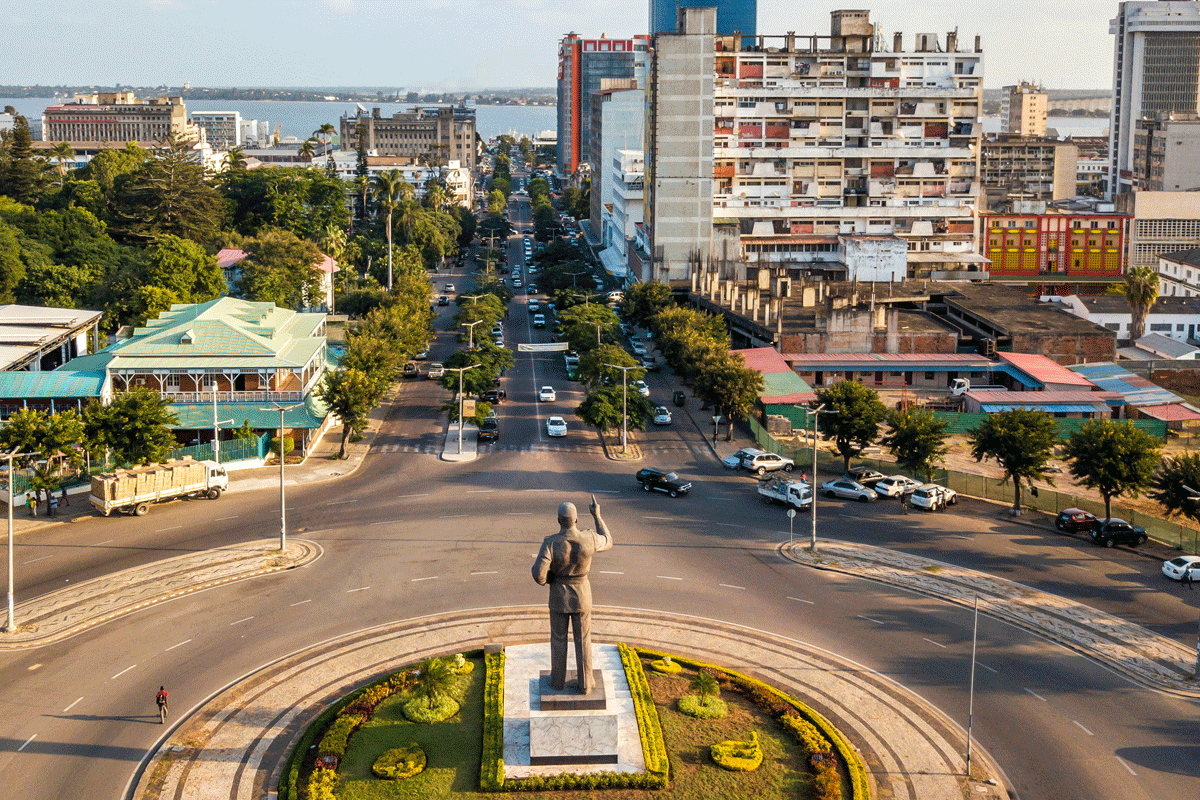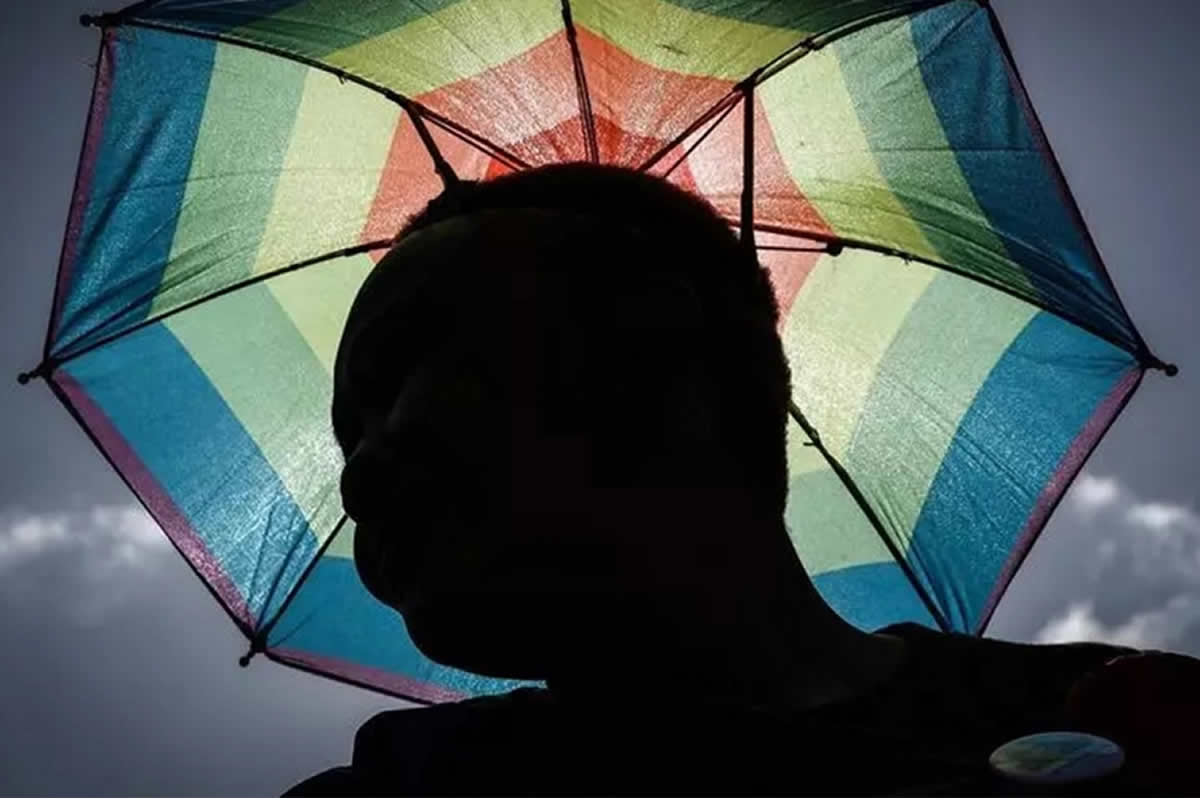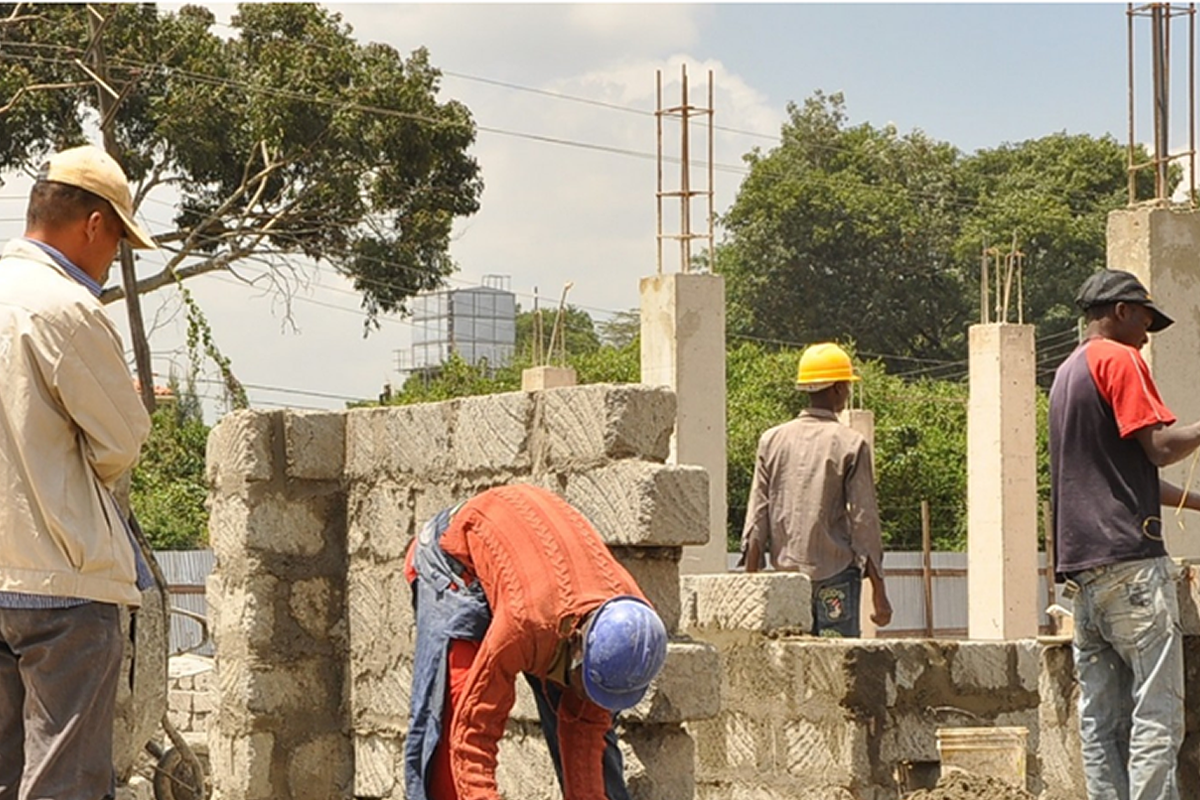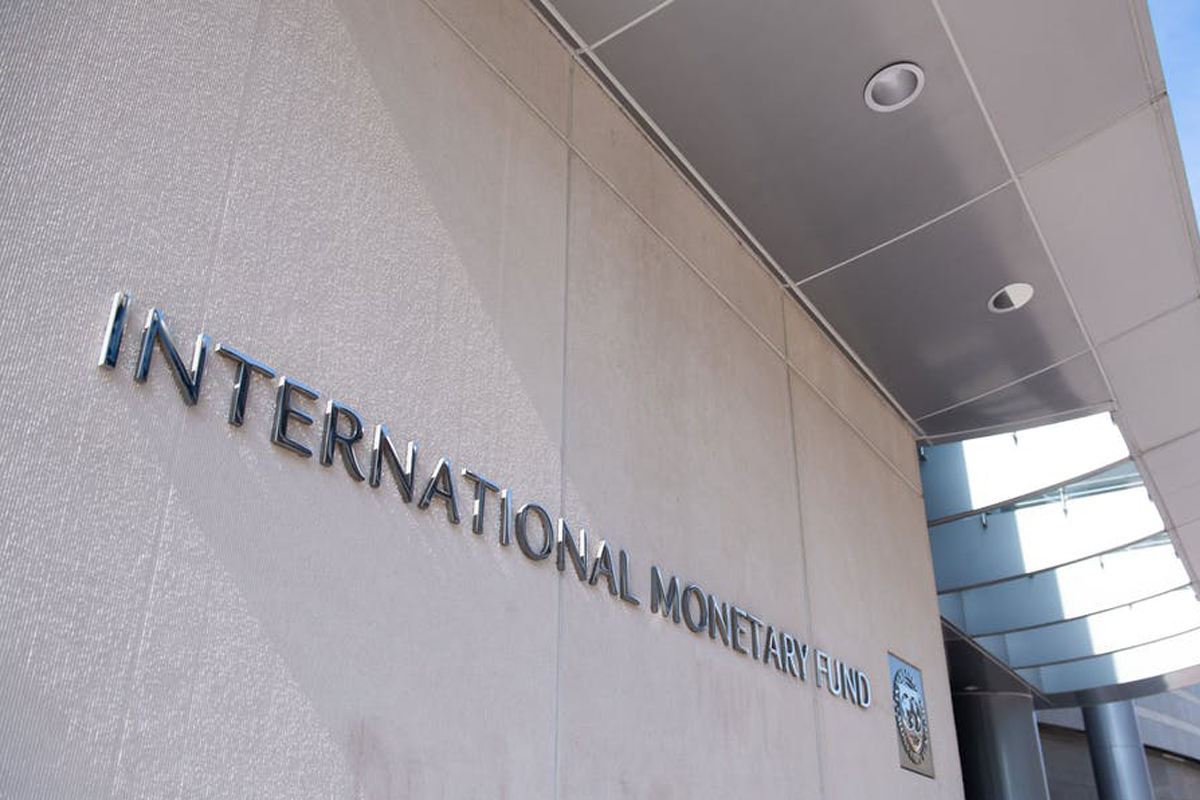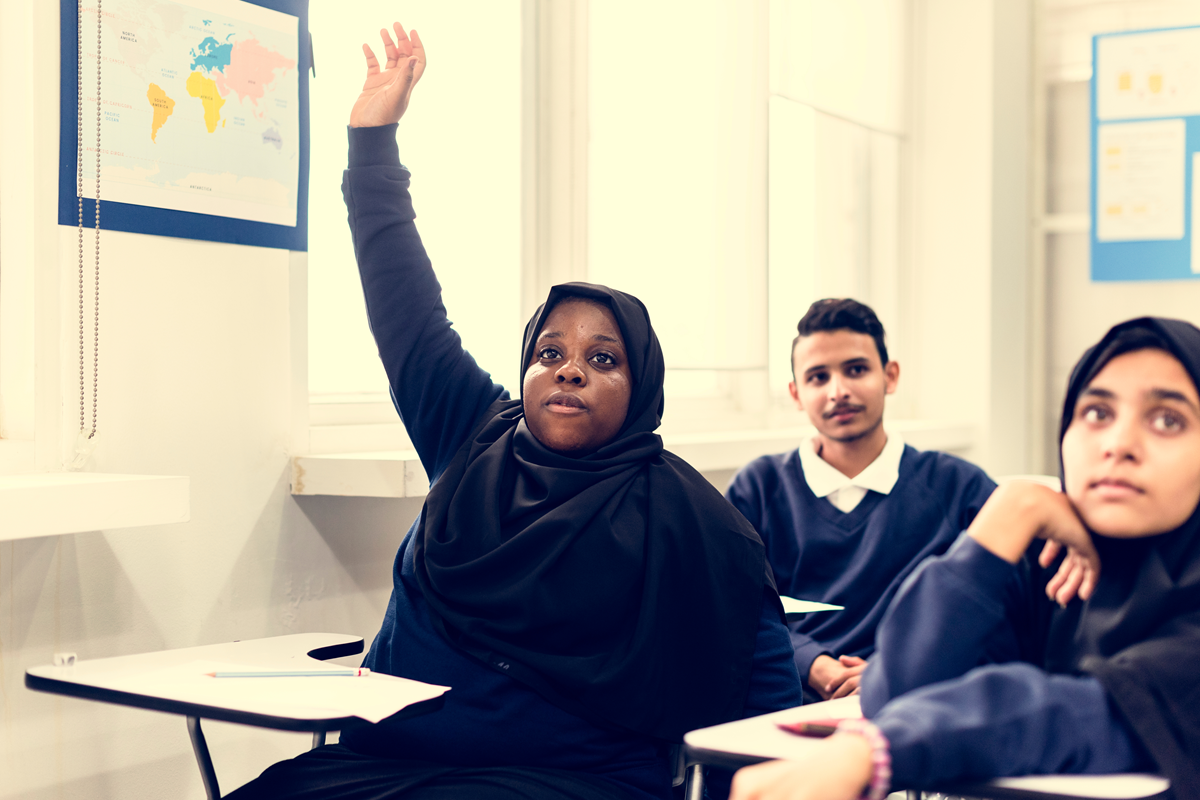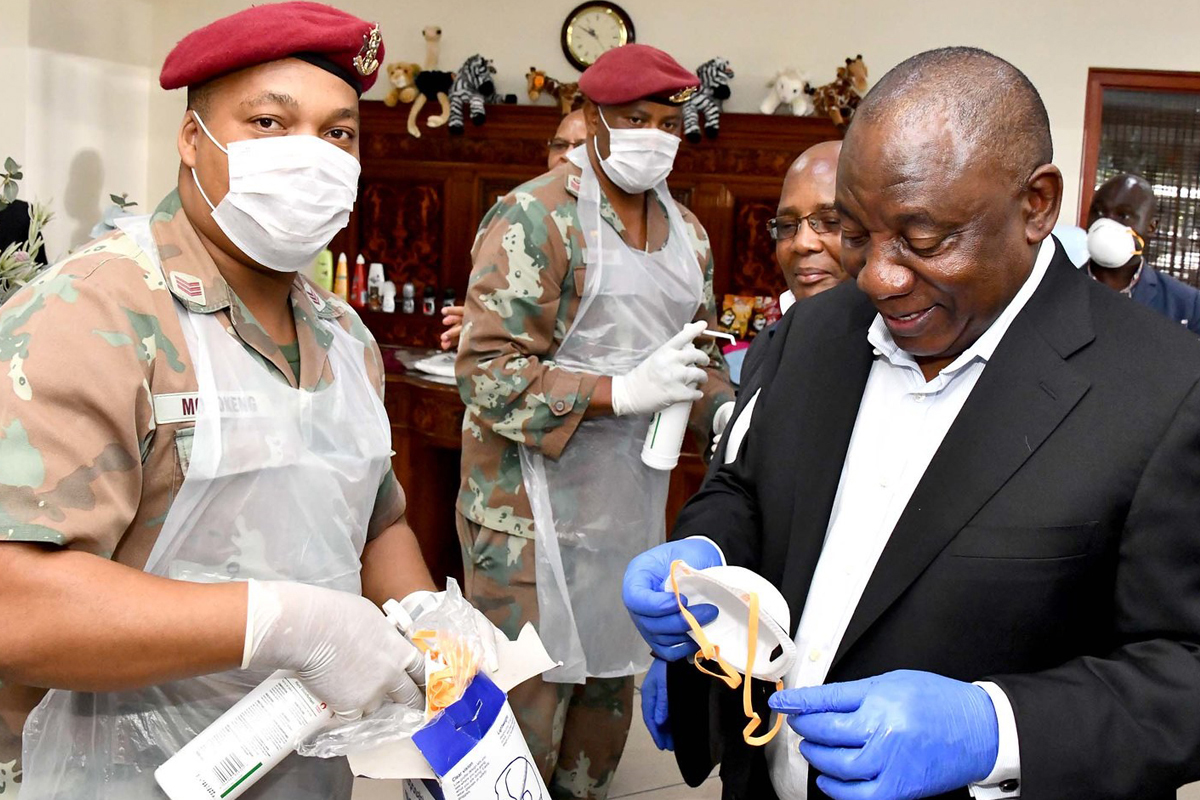- Details
(Op-Ed by Dr Nkatha Murungi)
Women’s Day commemorates the march by about 20,000 women to the Union Buildings in Pretoria on 9 August 1956, to protest the introduction of regulations on movement, also known as pass laws by the government of South Africa at the time. The march to the Union Buildings was accompanied by similar protests in other towns and provinces, in a manner that portrayed a solid resolve and unity of purpose, for a cause that defied colour and racial differences that were the norm at the time. The march was the culmination of resistance initiatives by women in the face of state-backed oppression and brutality.
- Details
(By Professor Daniel Bradlow)
About eight years ago, the government of Mozambique formed two companies, Proindicus and the Mozambique Asset Management. These two companies entered into loan agreements, valued at approximately $2.2 billion, with creditors including Credit Suisse and VBT Bank. Even though these debts were obligations of the state, some of these debts were hidden from the Mozambique parliament and public. Their existence was exposed in 2016 and precipitated a debt crisis in the country.
- Details
(Op-Ed by Dr Ashwanne Budoo)
Since the new wave of the coronavirus disease (COVID-19) in December 2019, many states around the world have taken drastic steps including lockdowns and quarantine to ensure the minimal spread of the virus.
- Details
(By Professor Daniel Bradlow)
African sovereign debtors are caught on the horns of a dilemma. On the one hand, they are obliged to help their populations deal with the COVID virus. This requires them to mobilize as quickly as possible the maximum available resources to spend on health care and on supporting people facing hunger, homelessness and unemployment. However, they know that they cannot raise sufficient financing for these purposes merely by mobilizing domestic resources and accessing official sources of finance.
- Details
(Op-Ed by Prof Daniel Bradlow)
The International Monetary Fund (IMF) has approved a R70 billion (US$4.3 billion) loan for South Africa to help the country manage the immediate consequences of the fallout from COVID-19. The Conversation Africa’s editor, Caroline Southey, asked Danny Bradlow to shed some light on what South Africans should expect.
- Details
(Op-Ed by Prof Daniel Bradlow)
The South African government has asked the International Monetary Fund (IMF) for $4.2 billion.
The money would come from a facility that provides financing to countries facing an urgent balance of payments need, without the need to have a full-fledged program in place.
- Details
(Op-Ed by Women's Rights Unit)
Youth Day in South Africa commemorates the Soweto youth uprising of 16 June 1976.[1] It is the day that many black students went on a protest rally against an official order which made Afrikaans compulsory in black township schools throughout the country.[2] The day is celebrated in order to recognize the role of the youth in the liberation of South Africa from the Apartheid regime.[3] On this basis, the African Union designated 16 June as the Day of the African Child. This year, Africa on this day commemorates the adoption, 30 years ago, of the AU’s main human rights treaty, the African Charter on the Rights and Welfare of the Child. As we at the Centre for Human Rights, University of Pretoria, remember the past, we also draw attention to the challenges that the present COVID-19 crisis presents to the youth particularly within educational settings.
- Details
By: Bonolo Makgale
The mountain of complaints which were stacked up against the ANC led government relating to corruption and lack of service delivery in under-resourced communities were quickly flattened due to the strong and decisive leadership shown by President Cyril Ramaphosa during the COVID-19 global pandemic. The visit paid to our shores by the Covid-19 has managed to bring a reprieve, albeit for a moment, to the myriad of social justice issues and inequalities that plague South Africa.
- Details
(Op-Ed by Dr Ashwanne Budoo)
Governments across the world are responding to the COVID-19 pandemic. Alongside the mountain of related challenges, fake news has become a source of frustration. Some are now referring to this fake news phenomenon as a ‘disinfodemic’.
- Details
(Op-Ed by Prof Daniel Bradlow)
Once again, African countries are confronting overwhelming debt burdens. According to the most recent World Bank debt statistics, they owe a total of $493.6 billion in long term debt to their foreign official and commercial creditors. About one third, $117 billion, is in the form of tradeable bonds. In 2019, many African countries spent more money servicing their debts than they did on health.

